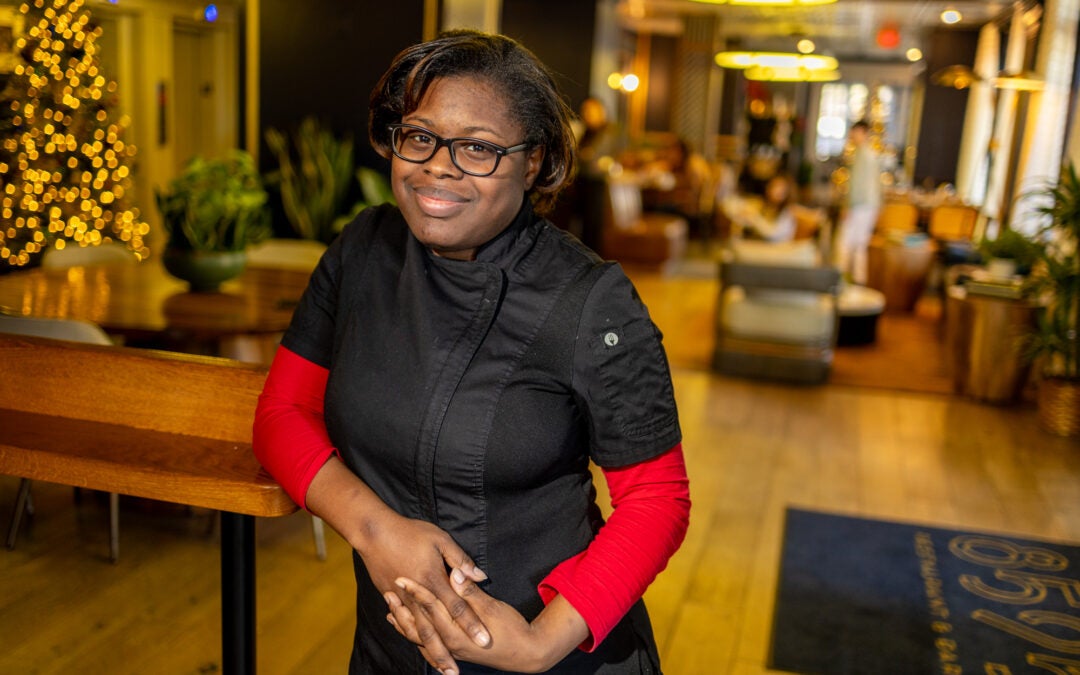Do you ever feel that there is too much information and opinion about what to eat for health?
You’ve heard that you need to “Eat the rainbow,” “Don’t eat meat,” “Don’t eat grains,” “Eat healthy fats,” or “Eat less fat.”
Confused?
Let me help clear up the conversation about food by first talking not about food, but about eating.
While food science will continue to evolve and change, one thing will never change: there is a mind behind every act of eating. Being aware of our individual thoughts, perceptions and feelings about food is equal in importance to simply knowing what to eat. So for just a few minutes, let us consider our relationship to food on another level.
[adrotate banner=”19″]
Here are a few suggestions to consider about food, your relationship with it and how to think about food as healthy and life-giving eating.
Take some time to consider how your upbringing and your parents’ view of food and eating might even now be affecting your eating habits and relationship with food. Consider gaining insight into this by journaling about it.
Take time, every time, before eating to be grateful. A lot happened to get that food on your plate. Gratitude is always a game-changer, and our appreciation for food is no different.
Allow yourself to see food as enjoyable, a celebration of nourishment and life, but refrain from using food as a reward.
Allow yourself to view your body as a daily gift, like a cherished friend, not as an enemy or a problem to solve.
Slow down your eating. Relax while you are eating, with screens turned off, so that you shift out of fight or flight mode (where many of us live our stressful days); this decreases stress hormones, aids digestion and gives your brain time to sense satiety so you don’t continue to eat after you are full.
[adrotate banner=”54″]
Taste and enjoy what you are eating. Mindfully enjoy every bite. This truly does change how the food is metabolized. If you are going to eat the cookie, don’t add more stress to your body by not enjoying it.
As you are more mindful of how much you are eating, you will be surprised to learn that your stomach actually cannot count. Even if you are accustomed to eating six cookies instead of one, when you eat just one you may find it equally satisfying. Put the food on a small plate or in a small bowl instead of eating from a container where the supply seems endless and it is easy to lose track. You can ignore that little voice in your head that says, “Don’t waste food” or “Clean your plate!”
I hope that provides some food for thought or maybe thought for food. Way before any of us decides about which foods to choose, we have to be aware of how we approach eating. Next time, I’ll share some simple tips on foods to choose for health. In the meantime, enjoy every little bite, one at a time!
“When walking, walk. When eating, eat.” (Zen proverb)
Robert Pendergrast, MD, MPH, is a 1983 graduate of the Medical College of Georgia. He is a board certified pediatrician and adolescent medicine specialist, with additional training in Integrative Medicine (Fellowship 2004-2005, Andrew Weil Center for Integrative Medicine at Univ. of Arizona). He is a semi-retired professor of pediatrics at Augusta University and practices Integrative Medicine at Aiken-Augusta Holistic Health in North Augusta.
[adrotate banner=”15″]







